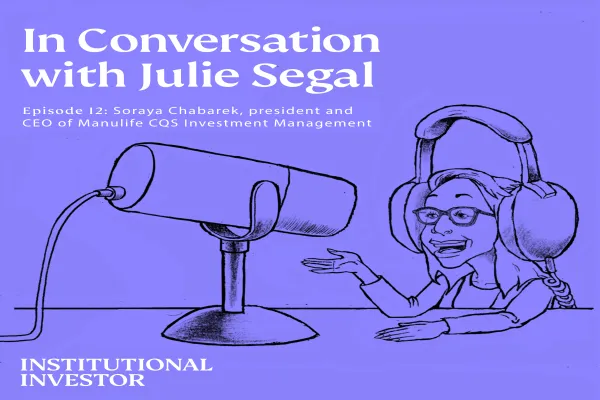Tomorrow’s investment platform is based on a single provider, multiple products and a win-win approach to the market that offers flexibility and cutting-edge technology to active traders, while reassuring liquidity providers that their flow is non-predatory. Saxo Bank’s Kim Fournais talks about facilitation as the future of online investment.
A new Barclays Capital e-commerce survey of some 800 financial professionals – including asset managers, commercial banks, hedge funds, corporate banks and broker dealers, among others - has documented a clear preference for single-dealer online trading platforms. While nearly half of those surveyed said they only ever use single-dealer platforms, 56% said they were very keen to see additional asset classes offered on individual trading platforms.
As an entrepreneur and founder of capital markets facilitator Saxo Bank, BarCap’s survey confirmed what’s been obvious in my gut – and on our client roster – for years. I firmly believe that multi-product, single-provider platforms are the right engine for driving online investment forward, and that providing these platforms on the basis of win-win facilitation – not cutthroat competition - is the only market approach for making that engine run.
Twin challenges – liquidity and technology
Two factors are sine qua non in creating the perfect investment platform – liquidity and technology. Liquidity demands adequate stability and depth, and this is where multi-provider platforms are at a definite disadvantage. Let’s face it – no tier-one bank on the planet wants to commit liquidity and risk to an environment where there’s no loyalty between partners. What’s more, many multi-provider platforms have been developed to disguise activity, by providing, for example, cover for hedge funds trying to hoodwink tier-one banks.
The liquidity relationship must be a reciprocal one; beyond simply giving and taking liquidity, market players must explore synergies, which is where the multi-product, facilitative platform comes in. A facilitative platform provides value for liquidity providers – it doesn’t steal from them.
The second major challenge is system development, which like any form of technology is challenging and cost-prohibitive for most banks to innovate and maintain. Systems development is becoming more specialized and complex, as the needs of various end-users have diversified. Asset managers, for example, want a platform that will give them risk management, as well as multiple products, sophisticated charting, black box technology, streaming news and analysis.
Active retail customers want a devoted and visible customer service function, transparency, competitive pricing and a full suite of investment products ranging from the plain vanilla to the emerging and exotic.
B2B customers are looking for broader, more advanced trading support and technological features that are constantly being enhanced and maintained. But who wants to shell out $25 million to $30 million a year for that level of tech support? Furthermore, the multi-provider platforms out on the market typically don’t focus on these kinds of turnkey value-added solutions because they’re focused on liquidity to the exclusion of all else.
No more jousting knights – the future is here
I am convinced that the future of online trading lies in the multi-product, single-provider platform. But beyond that, I believe that this technology requires a fundamentally different approach to the market – and that approach is facilitation. Players in the market who refuse to acknowledge this simple fact are like jousting medieval knights, weighted down by unwieldy, outmoded hardware, and even more grievously, outmoded ideas of market competition.
Facilitation – an approach that provides friendly flows to tier-one liquidity providers while meeting the needs of demanding and increasingly tech-savvy traders – is the best strategy for surviving in today’s market for online investment. Instead of clunky armor, the single-provider, multi-product turnkey platform is the absolute best hardware for this challenge. Leave the dark ages of hostile liquidity behind and embrace facilitation as an approach whose time has come.
Kim Fournais is co-founder and co-CEO of Saxo Bank, a capital markets facilitator based in Copenhagen, Denmark. Prior to founding Saxo Bank in 1992, Fournais held several senior positions a number of leading Danish financial companies and banks. The bank is expanding into London and Singapore this year.






